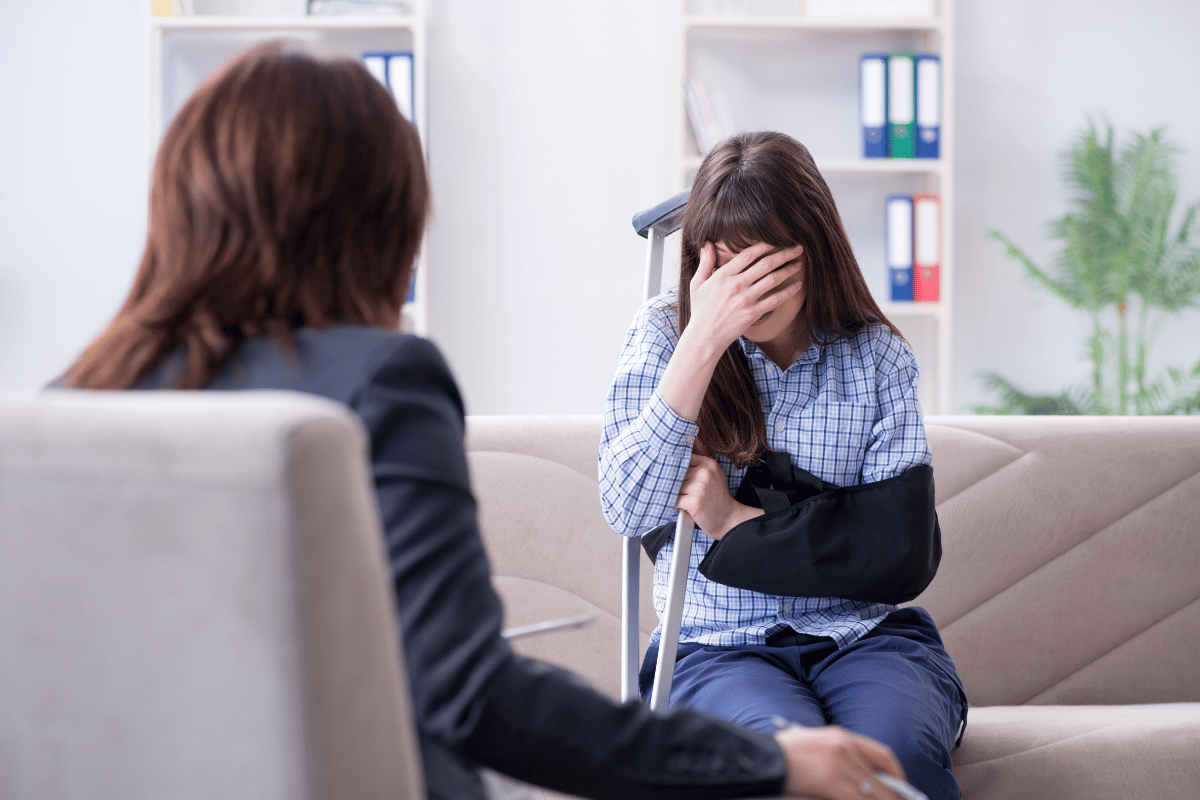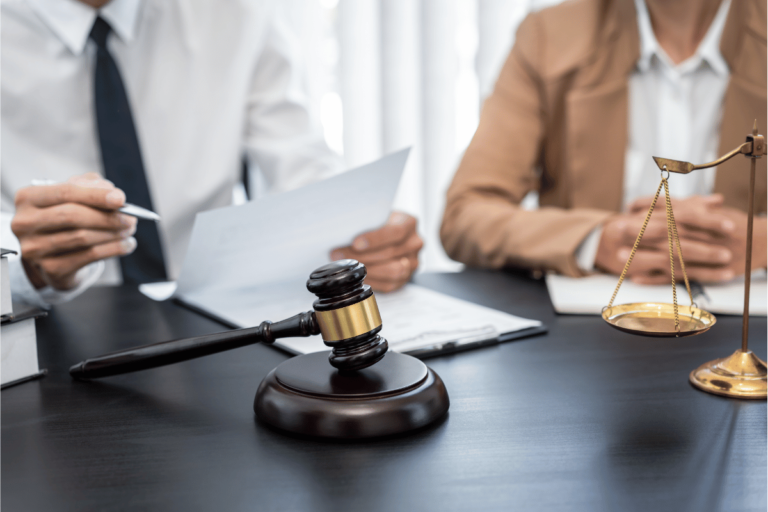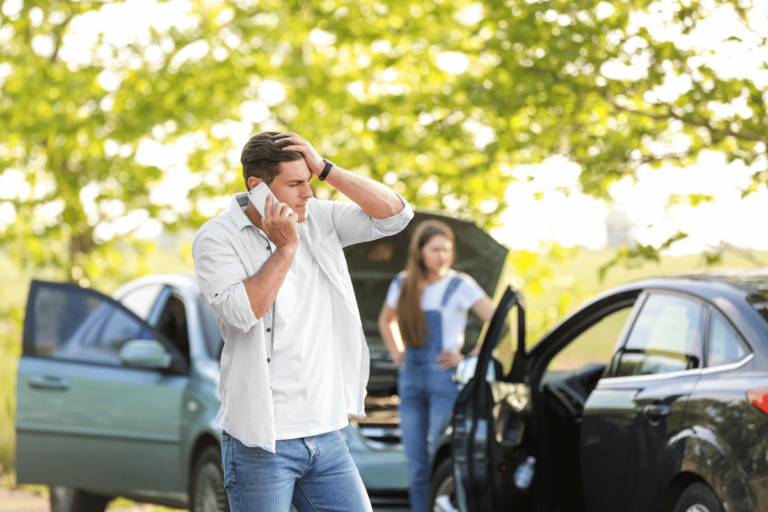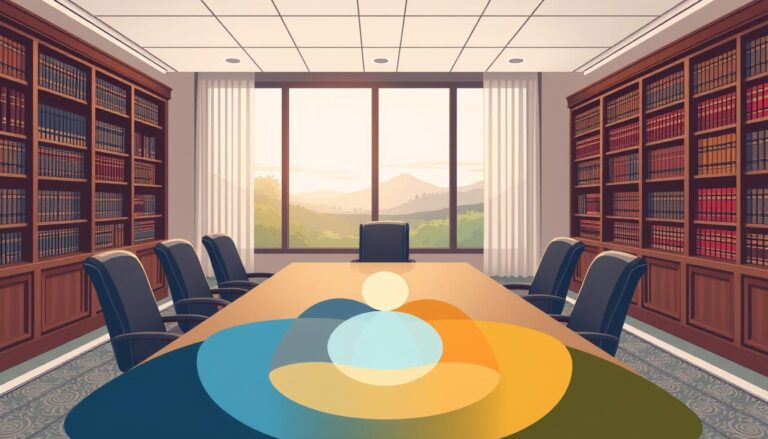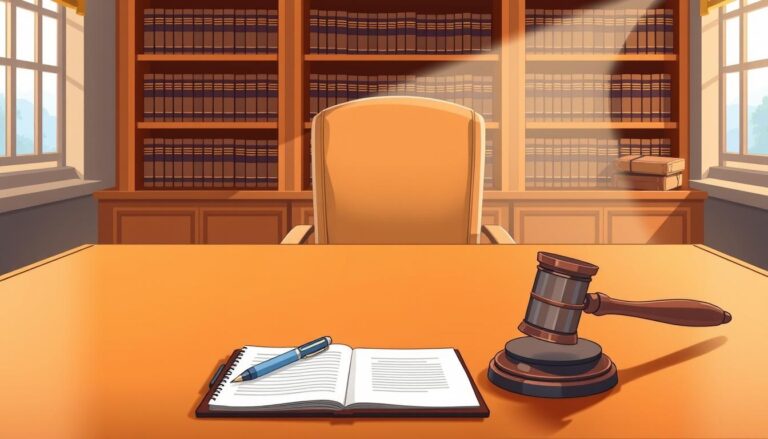What Happens If You’re Injured at a Public Event?
Attending a concert, festival, or sporting event is meant to be an enjoyable experience. But large crowds, unpredictable conditions, and safety oversights can sometimes lead to injuries. If you find yourself hurt at a public event, understanding your legal rights is crucial. Who is responsible for your injury? Can you seek compensation? Here’s what you need to know.
Who Is Liable for Your Injury?
Liability in public event injuries depends on several factors, including where the injury occurred and how it happened. The main parties that could be responsible include:
- Event Organizers – They must ensure the venue is safe and meets all legal requirements.
- Venue Owners – If the injury results from hazards like slippery floors or poorly maintained seating, the venue owner may be liable.
- Security Companies – If poor crowd control or negligent security contributes to the injury, the security provider could be at fault.
- Other Attendees – If another guest causes your injury (e.g., a physical altercation), they could be held responsible.
Determining liability isn’t always straightforward, which is why seeking legal guidance can be helpful. Consulting personal injury lawyers in Adelaide can provide clarity on whether you have a claim and who may be responsible.
Common Causes of Injuries at Public Events
Injuries at large gatherings happen for many reasons. Some are due to negligence, while others result from unfortunate accidents. The most common causes include:
1. Slip and Fall Accidents
Spilled drinks, uneven flooring, and poorly lit areas increase the risk of slipping or tripping. At crowded venues, these hazards become even more dangerous.
2. Crowd-Related Injuries
Overcrowding can lead to trampling, crushing, or being pushed into barriers. Poor crowd control can also escalate dangerous situations.
3. Falling Objects
Stage equipment, banners, or even items thrown by attendees can cause serious harm if they fall onto unsuspecting guests.
4. Structural Failures
Collapsing seating, unstable stages, or faulty railings can lead to severe injuries. When event organizers overlook maintenance, these risks increase.
5. Security-Related Incidents
Poorly trained security staff, lack of emergency exits, or failure to manage rowdy crowds can create dangerous environments.
If your injury results from any of these factors, you may have a case for compensation.
Steps to Take If You’re Injured at a Public Event
If you suffer an injury at an event, taking immediate action can strengthen any potential claim. Here’s what to do:
1. Seek Medical Attention
Even minor injuries should be checked by a medical professional. Some injuries, like concussions or internal damage, aren’t immediately visible. A medical report can also serve as valuable evidence if you file a claim.
2. Report the Incident
Inform event staff, security, or venue management about your injury. Ask them to document the incident and request a copy of any reports.
3. Gather Evidence
Take photos of where the injury happened, any hazards that contributed to it, and any visible injuries. If others witnessed the incident, get their contact details.
4. Keep Records
Save medical bills, doctor’s notes, and any communication with the event organizers or venue. These details can support your claim.
5. Seek Legal Advice
A legal professional can help determine whether you’re eligible for compensation and guide you through the claims process.
Can You Claim Compensation?
In many cases, yes. If negligence caused your injury, you may be entitled to compensation for:
- Medical Expenses – Covers hospital visits, surgeries, rehabilitation, and medication.
- Lost Income – If your injury prevents you from working, you may claim lost wages.
- Pain and Suffering – Compensation for physical and emotional distress.
- Ongoing Care Costs – Covers long-term medical needs if the injury leads to permanent disability.
The amount you can claim depends on the severity of your injury, how it impacts your life, and the level of negligence involved.
How to Prove Negligence
To receive compensation, you need to prove that someone’s negligence directly caused your injury. This involves demonstrating:
- A Duty of Care Existed – The responsible party had a legal obligation to ensure safety.
- That Duty Was Breached – They failed to uphold safety standards, leading to dangerous conditions.
- Your Injury Resulted From That Breach – A direct link must be established between the negligence and your injury.
For example, if a venue fails to fix broken seating despite previous complaints, and you get injured as a result, they may be liable for damages.
When Are Event Organizers Not Liable?
While event organizers have a duty of care, there are situations where they might not be responsible for injuries. These include:
- Unforeseeable Accidents – If an injury occurs due to an unpredictable and uncontrollable event (e.g., a random medical emergency), liability is harder to establish.
- Reckless Attendee Behavior – If someone is intoxicated or acting irresponsibly and injures themselves, the venue or organizers may not be at fault.
- Pre-Existing Conditions – If an existing medical condition worsens due to the event’s natural conditions (e.g., loud music triggering migraines), liability may not apply.
Understanding these exceptions helps set realistic expectations when considering legal action.
Time Limits for Making a Claim
In Australia, personal injury claims are subject to time limits. While the timeframe varies by state, most claims must be filed within three years from the date of injury. If you fail to act within this period, you may lose your right to compensation.
Certain exceptions apply, especially for injuries involving minors or cases where symptoms appear later. Speaking with a legal professional as soon as possible ensures you don’t miss your chance to file a claim.
Final Thoughts
Getting injured at a public event is stressful, but knowing your rights can make a big difference. If the injury resulted from negligence, you may be able to seek compensation for medical expenses, lost income, and pain and suffering.
Taking the right steps—seeking medical attention, gathering evidence, and seeking legal guidance—can strengthen your case. If you’re unsure whether you have a claim, consulting a personal injury lawyer can help clarify your options.
While no one expects to get hurt at a concert, festival, or sporting event, being informed ensures you know what to do if it happens.

